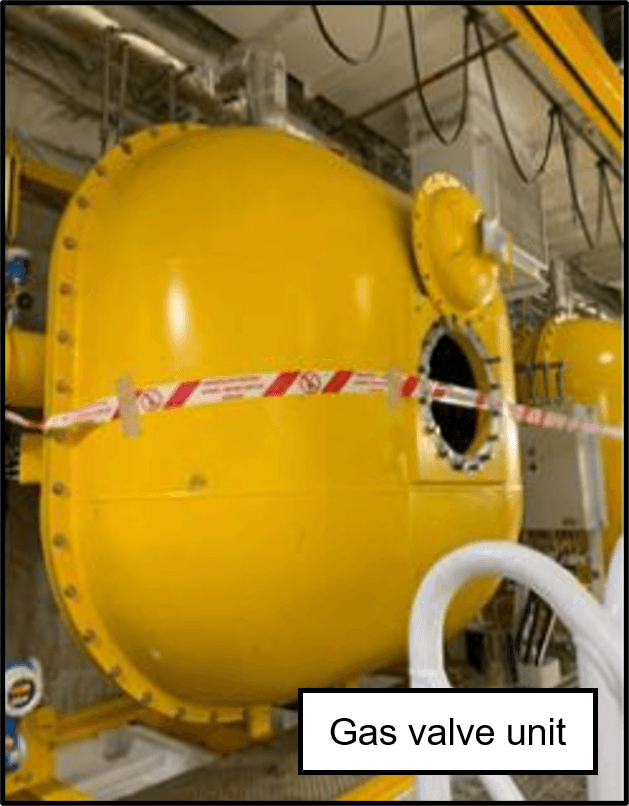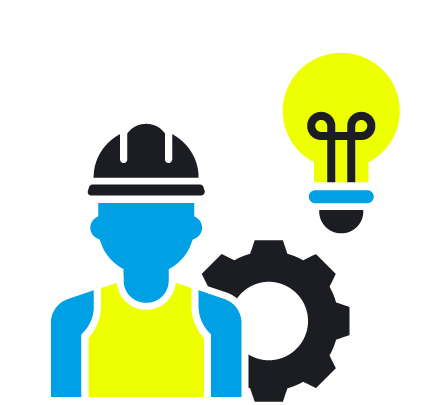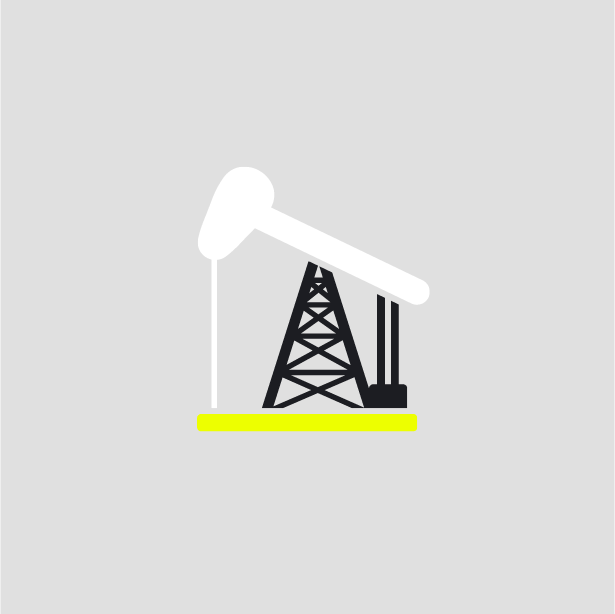-
What happened?
During a commissioning activity, pressure holding tests were being conducted, controlled from an interface cabinet.
Pressure build up was taking longer than usual. The vendor suspected there was a leak coming from the piping inside the gas valve unit.
The commissioning engineer was informed of the leak, and was then spotted entering the gas valve unit.
The vendor rushed to the gas valve unit to stop the engineer, but by then the engineer was already overcome by nitrogen and had collapsed inside the unit.
He received cardiopulmonary resuscitation (CPR) and regained consciousness before being transported to the hospital for further diagnosis. Fortunately, he fully recovered.

-
Why did it happen?
The experienced engineer entered the gas valve unit, despite it clearly being a confined space.
There were no confined space entry controls in place at that particular gas valve unit i.e.:
- No confined space entry permit in place.
- No atmospheric test results at the location.
- No safety watch in place.

-
What did they learn?
Never enter a confined space unless a permit is active, and all controls are in place to ensure your safety, i.e.
- The atmosphere has been successfully tested.
- A safety watch is at the entrance.
- You know what the rescue plan is.
- You have discussed your entry with your supervisor.

-
Ask yourself or your crew
How can something like this happen here?
If you were in this situation, why might YOU think it is OK to enter a confined space?
If you were in this situation, what assumptions or pressures might you be under
How can we ensure entry controls are present and clearly visible?

Add to homescreen
Content name
Select existing category:
Content name
New collection
Edit collection
What happened?
During a commissioning activity, pressure holding tests were being conducted, controlled from an interface cabinet.
Pressure build up was taking longer than usual. The vendor suspected there was a leak coming from the piping inside the gas valve unit.
The commissioning engineer was informed of the leak, and was then spotted entering the gas valve unit.
The vendor rushed to the gas valve unit to stop the engineer, but by then the engineer was already overcome by nitrogen and had collapsed inside the unit.
He received cardiopulmonary resuscitation (CPR) and regained consciousness before being transported to the hospital for further diagnosis. Fortunately, he fully recovered.

Why did it happen?
The experienced engineer entered the gas valve unit, despite it clearly being a confined space.
There were no confined space entry controls in place at that particular gas valve unit i.e.:
- No confined space entry permit in place.
- No atmospheric test results at the location.
- No safety watch in place.
What did they learn?
Never enter a confined space unless a permit is active, and all controls are in place to ensure your safety, i.e.
- The atmosphere has been successfully tested.
- A safety watch is at the entrance.
- You know what the rescue plan is.
- You have discussed your entry with your supervisor.
Ask yourself or your crew
How can something like this happen here?
If you were in this situation, why might YOU think it is OK to enter a confined space?
If you were in this situation, what assumptions or pressures might you be under
How can we ensure entry controls are present and clearly visible?
During commissioning activities, a commissioning engineer was found unconscious inside a gas valve unit (GVU). He received CPR and regained consciousness before being transported to the hospital for further diagnosis.












